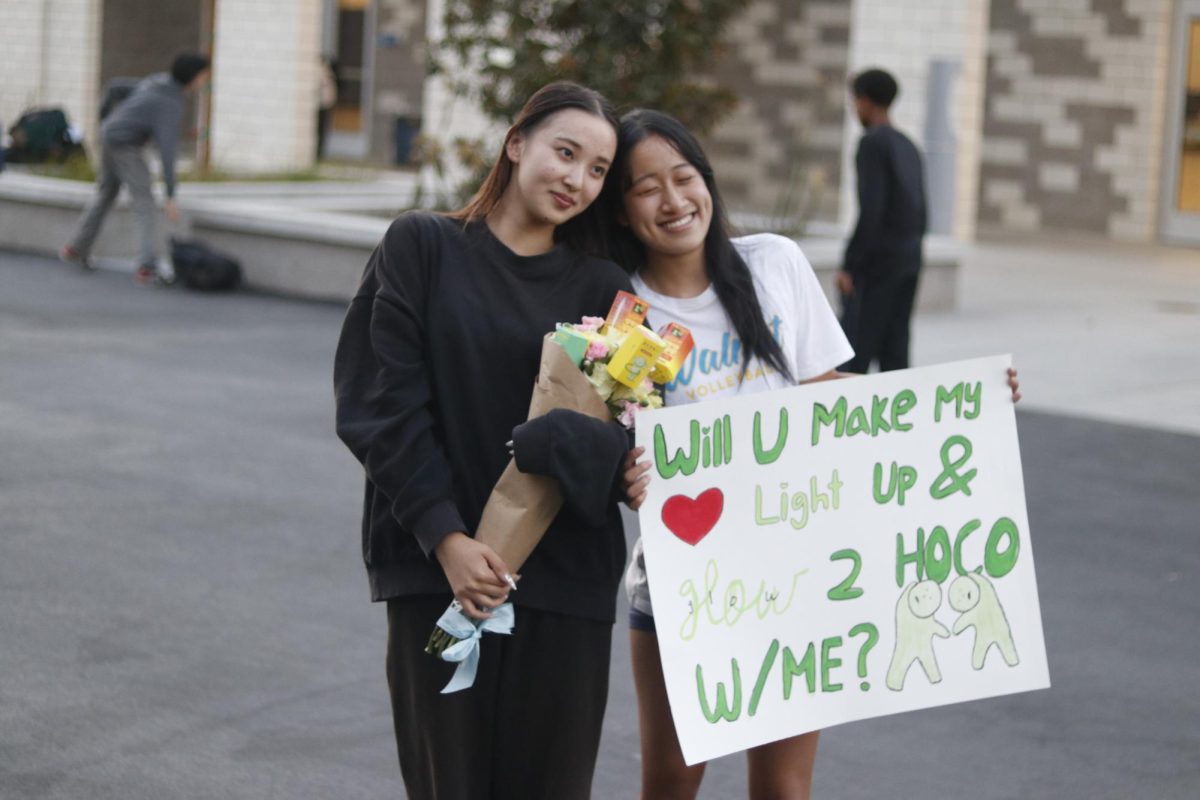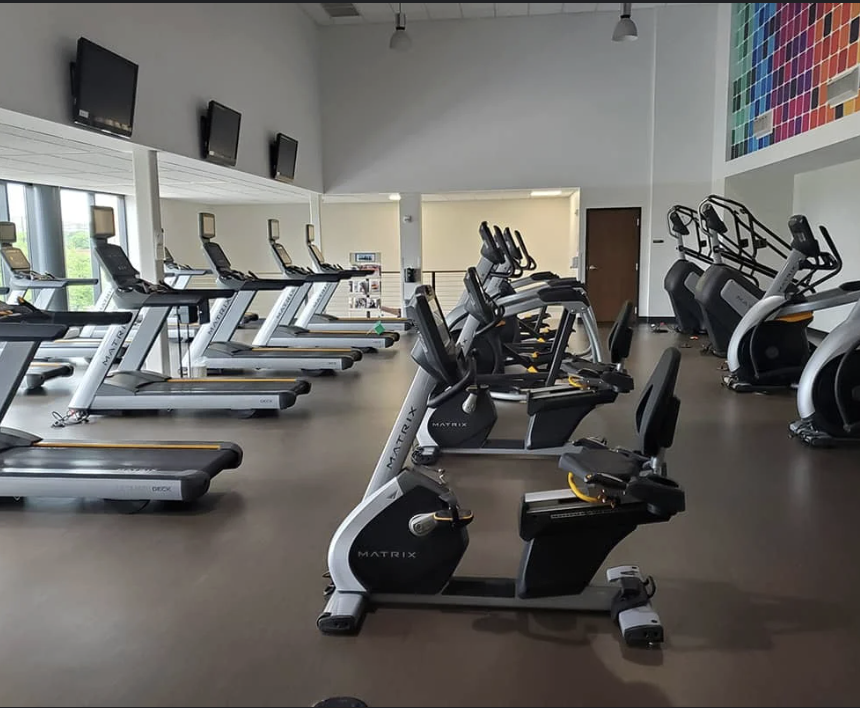It’s officially that time of year again: the anticipation of the homecoming dance is in the air. Suddenly, large, colorful posters with punny iterations of “Will you be my hoco date?”, pricey Jellycat and Sonny Angel bouquets and other hopelessly romantic gestures are popping up all over campus and all over my social media feed.
Almost more relevant than the dance itself, the homecoming proposal is meant to be one of the most exciting and timeless high school traditions in history. With prevalent influences from social media and peer pressure however, the sweet nature of a proposal can quickly become bombarded by superficiality.
Society has taught us to love attention, and homecoming proposals are no exception. Whether that be at a crowded football game or in the middle of the cafeteria, the flashiest and most publicized proposals tend to be the most memorable or well-received. After all, who doesn’t enjoy a bold, rom-com-esque love confession? We often feel the need to see and witness this magical moment in order for it to be special.
Because it is such a popular custom, homecoming proposals rarely go by without being posted on social media or noticed by the crowd. Though it is nice to experience, the typical practice of making the proposal public has led it to become a rigid expectation rather than a romantic surprise. The proposers, who are mainly guys, are often pressured by their friends or social media to go all out when asking their person of choice. In a way, there is this undeniable demand to prove your affection for someone else to other people, even when what you should be considering is if the person you’re asking truly feels appreciated. On the other end, potential receivers could face just as much internal pressure, often left anxiously awaiting a proposal or perhaps feeling obligated to accept a proposal because it’s in front of so many people.
Plenty of confounding variables play into how grand someone wants to make their homecoming ask: their level of comfort in front of large crowds, the level of intimacy they want to express, how well they know the person—you name it. Just because someone’s proposal is on a smaller scale or isn’t posted online, that doesn’t make it any less valuable than the ones on display. Even when someone doesn’t want to traditionally propose to a person for a dance, they could show them they care for them in alternative ways. At the end of the day, the most popular, head-turning romantic gestures don’t always equate to the most heartfelt ones.
I believe the homecoming proposal’s purpose as an act of genuine love or friendship shouldn’t be lost in the overbearing desire for an audience. It’s easy to fall into the aesthetically pleasing fantasy of Instagram-worthy proposal photos or materialistic proposal gifts, but it’s important to remember that we cannot use the publicity or monetary value of a gesture to accurately measure how much someone cares about someone else. Instead, take my advice: make an effort to understand the person you’re asking and their specific preferences, ask yourself if you’re even comfortable doing it yourself and don’t let external opinions take away from a special moment.







